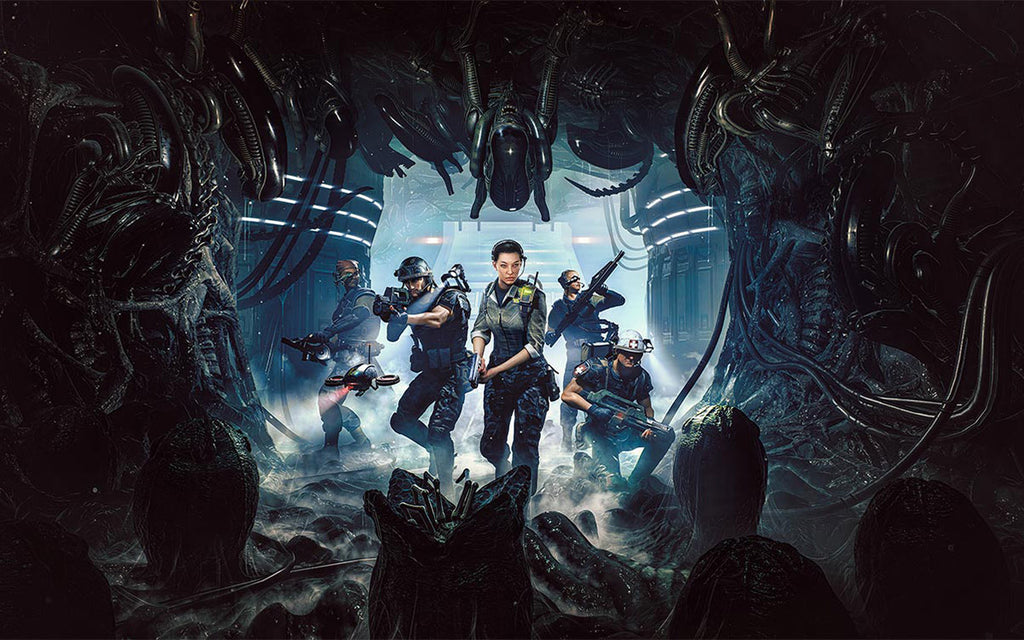
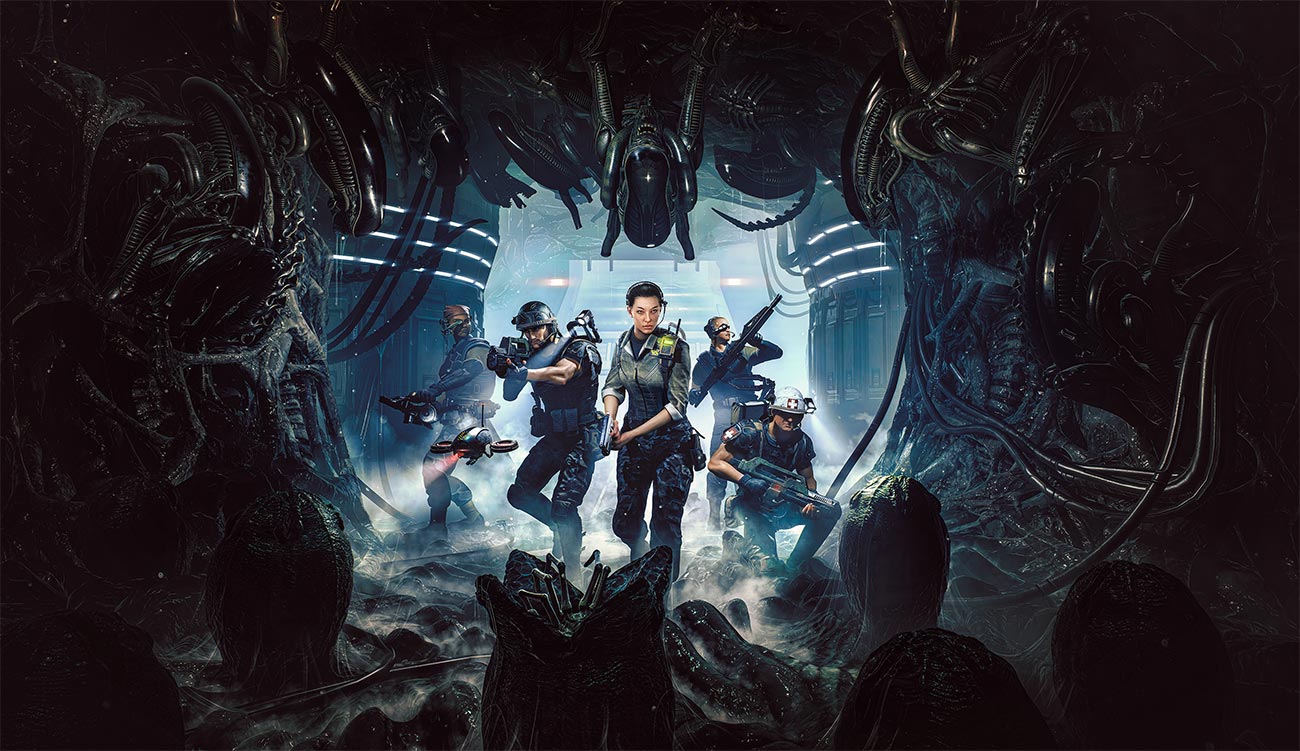
The Aliens: Dark Descent composer on his deep love of film scores, not straying from the Alien movies’ sonic signature, and heightening the drama of Warhammer games.
By Thomas Quillfeldt
As of 2023, the Alien(s) media universe is still going strong, with Tindalos Interactive’s squad-based action game Aliens: Dark Descent joining the ranks of movies, video games, comic books, and… facehugger ski masks?
We burst out of the shadows to ask the game’s composer Doyle Donehoo about what it’s like to be ingested into the xenomorph universe; how his approach differs when working on Warhammer titles such as Warhammer 40,000: Dawn of War II and the animated show Hammer and Bolter; and how his software-engineer background helps him master digital music tools.
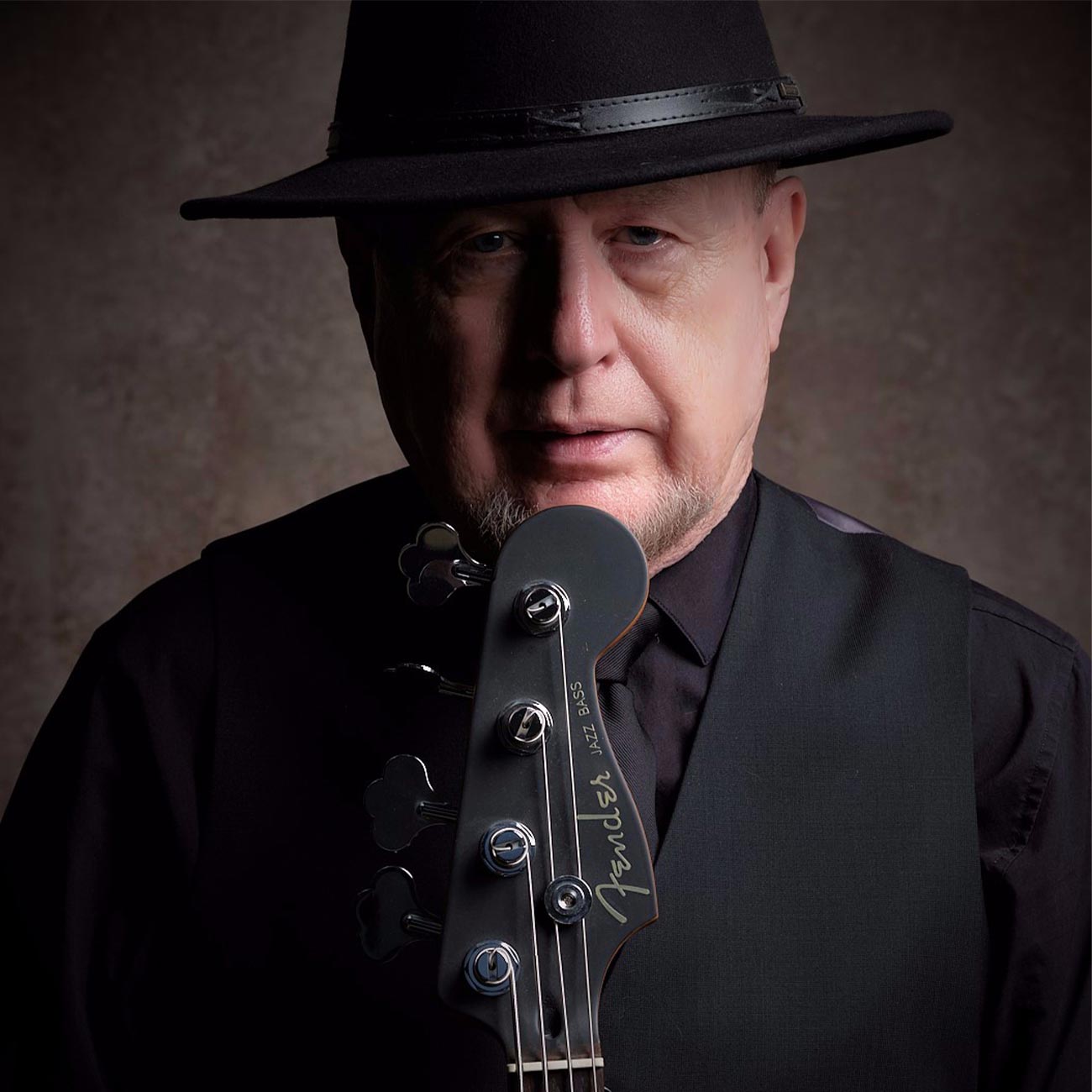
Alien incursion
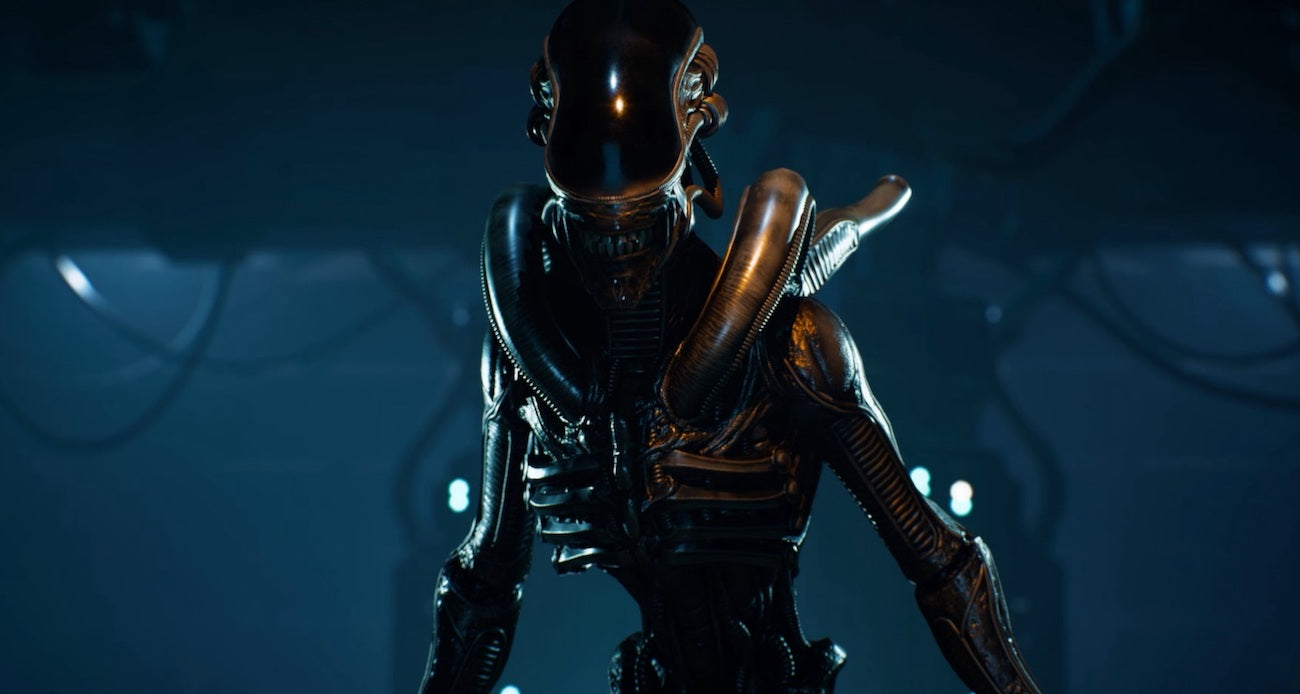
Donehoo is one of a line of esteemed media composers to tackle the Alien franchise. Part of what landed him the Aliens: Dark Descent project is his deep love and understanding for the movies and scores, as well as having worked with developer Tindalos Interactive on the Battlefleet Gothic: Armada series.
Growing up around cinema in the 1970s and 1980s, Donehoo was one of the first people to catch Star Wars (1977) and Alien (1979) in the movie theatre (Level With Emily Reese podcast.) He recalls: “When Alien first hit the silver screen — on a monstrous Panorama curved screen — I was blown away. The opening scenes alone totally creeped me out, particularly the music.”
To call him an Alien ‘superfan’ is underselling it: “After that I got the scores on vinyl, cassette tape and every version of the CDs. I also collected books, graphic novels, posters, collectors’ magazines, movie programs, picture books, buttons, and everything else I could find. At first, it was the art of the movie that impressed me the most, because at the time I was into graphic novels and art. Later, the music was more important. But always I was a fan of both the art and music.”
Speaking an Alien language
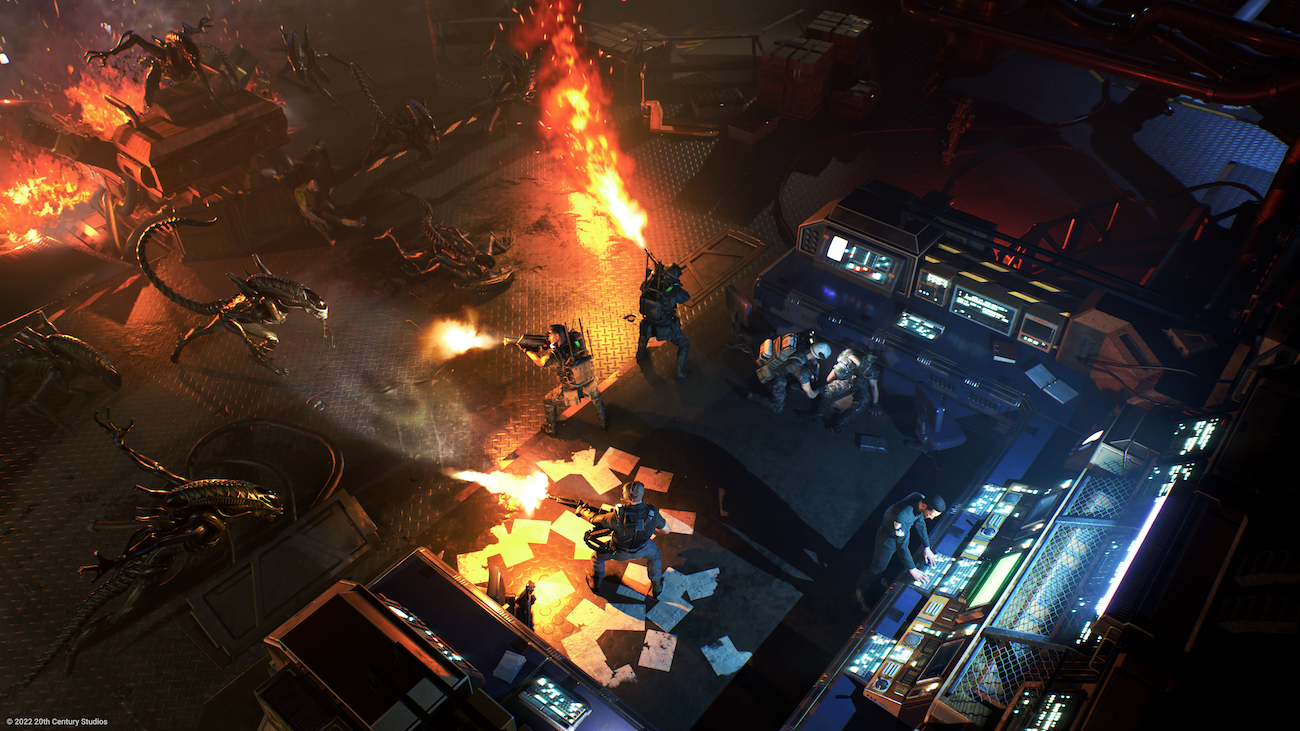
“Foremost, [with the Dark Descent score] I wanted to stay true to the musical language set down by movie composers Jerry Goldsmith (Alien), James Horner (Aliens) and Elliot Goldenthal (Alien 3). I did not want to disappoint series fans by not immersing them into that musical environment. When they’re playing the game, I want them to feel like they are playing an Alien movie. I wanted the score to sound like an Alien score. Here and there we injected brief moments that would roughly hint at themes they heard in the movies, which was all part of our efforts to immerse players.”
The musical characteristics of Jerry Goldsmith’s original Alien score stick out a mile among contemporary films like Star Wars, Superman, Apocalypse Now, Moonraker and even Goldsmith’s own music for Star Trek: The Motion Picture. Peculiar, almost ambient sounds and long drones in the strings created a slow dread that was punctuated by the instantly recognisable col legno strings and flute patterns with that signature delay effect on them.
“There are no fewer than four versions of the “Main Title” for Alien. Don’t ask me why, when by far the best version is the very first entitled “Main Title (film version)”. It has everything that made that score Alien. It completely creeped me out, immersed me in that universe and made me an instant fan.”
For Donehoo, while many aspects contribute to the Alien sound, there is one sound in the first film that’s top of the heap for him. “Big fans of the score will say the sound came from a flutter-tongue Bassoon or Contra-Bassoon, but I swear it was likely made by a bass trombone player with a plastic Stadium Horn [aka vuvuzela]. The repeated sound was so menacing, so unique, and so thoroughly Alien, that it really defined that sound for me. I didn’t get to use a Stadium Horn in my Dark Descent score, but I did use a bassoon version of it. Next time, I am getting a Stadium Horn and recording it!”Born in the dark
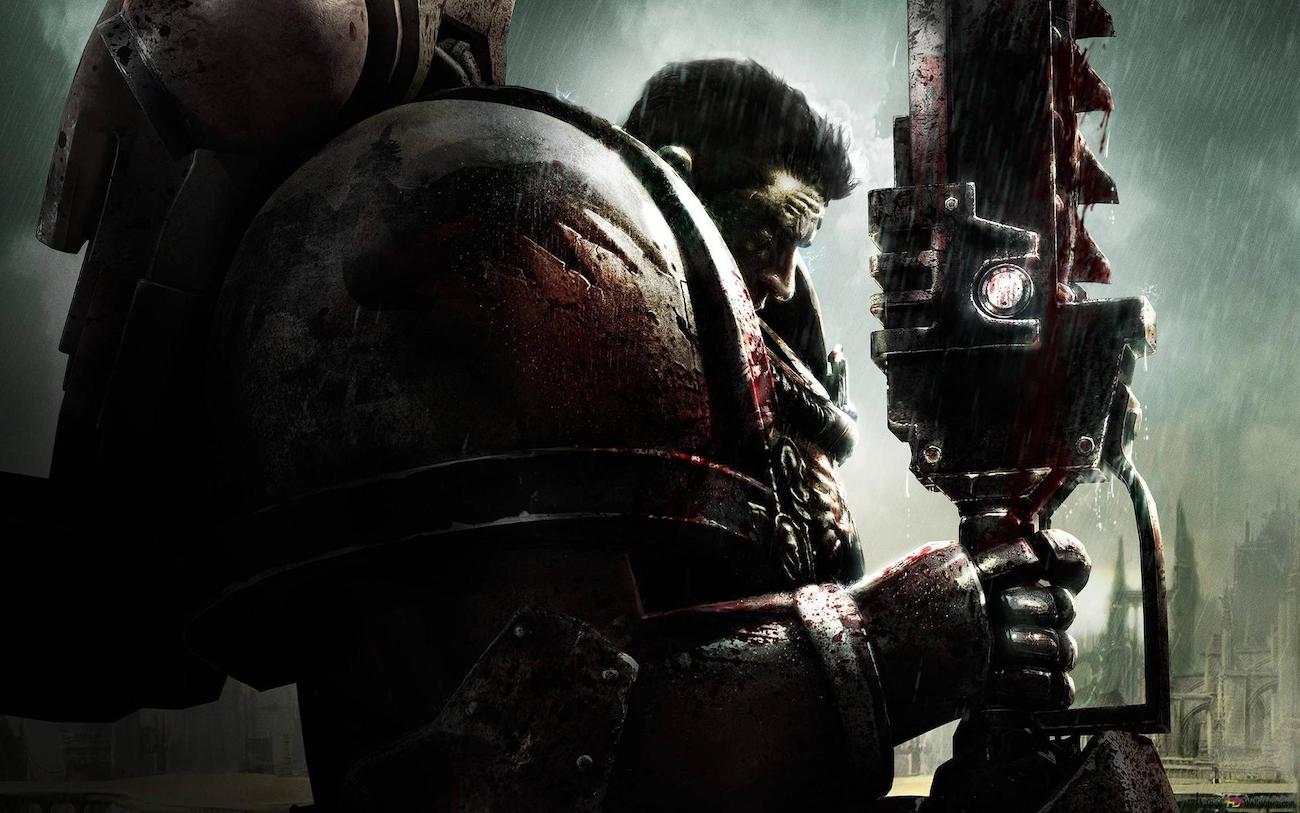
Darkness stalks Donehoo’s scoring career — mainly thanks to the video game/media franchises he’s worked on. Musically-speaking, he’s had to explore a multitude of ways to convey a grimdark tone and fantasy militarism, often with a pseudo-religious edge.
“Since I was one of the first to do a meaningful original soundtrack for Warhammer, I have long worked out my own personal musical language and rules for that universe. Those rules change somewhat depending on what race I am dealing with, and naturally, the environment. When I am writing for the Imperium or the Space Marines, it is different than when I am writing for Orcs, Chaos, Eldar, Tyranids and more. But in all cases, it is bombastic, larger-than-life and dramatic.
“For example, for Space Marines, I favour big low brass and male choir as a dominant feature of the music…”
“...while for Tyranids, I go more for a creepy Aliens approach.”
“For the Warhammer 40,000 animated mini-series Hammer and Bolter, in one particular episode, horror was a key element, while other episodes were less so.”
“So, while all of my Warhammer music is recognizably me, it is spread over a very large canvas where I paint my music to match the situation.”
As a fun aside, Donehoo recalls that around the time he was writing Warhammer 40,000: Dawn of War II’s main theme in the early 2000s, he was also reading Michael Shaara’s historical novel The Killer Angels, about soldiers fighting in the American Civil War. As a tribute, he named the cue “Angels of Death”, now widely used in the Warhammer universe when referring to the Space Marines.
Space races
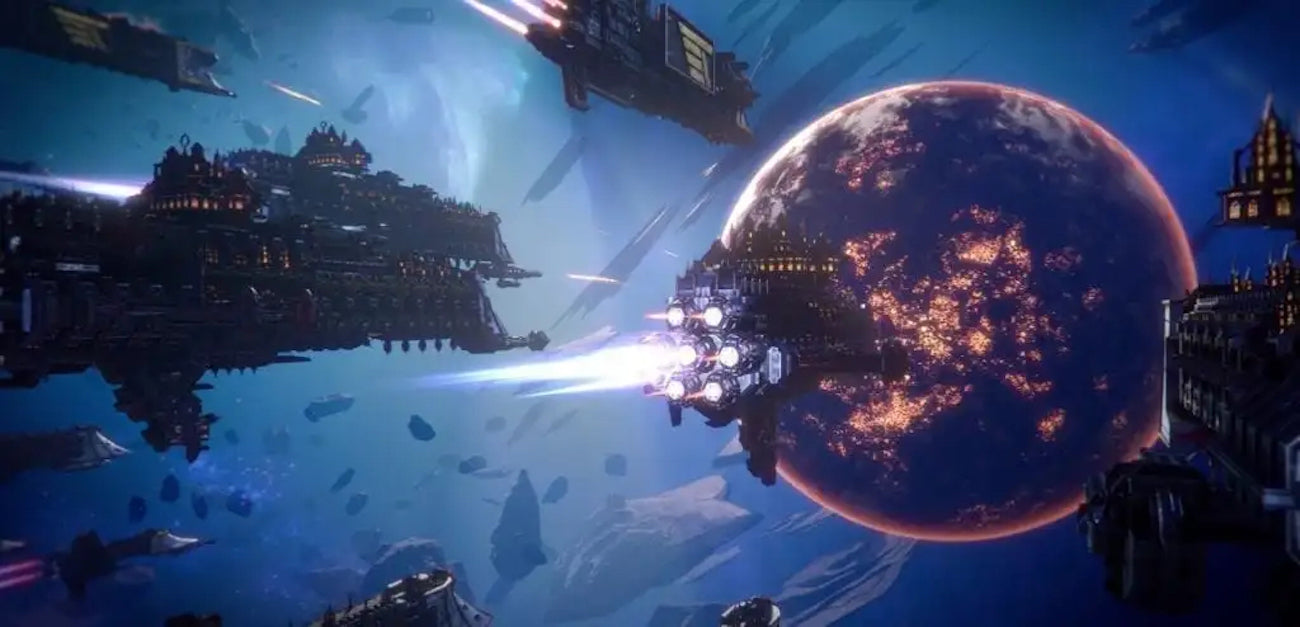 Donehoo approaches the two franchises in fundamentally different ways: “There is no formula for creating the proper musical atmosphere. That is essentially the creative process where you start with an idea and keep building it up to the point where it is saying what you want it to say, and it does the job of supporting the environment and situation.
Donehoo approaches the two franchises in fundamentally different ways: “There is no formula for creating the proper musical atmosphere. That is essentially the creative process where you start with an idea and keep building it up to the point where it is saying what you want it to say, and it does the job of supporting the environment and situation.
“For the main theme of Aliens: Dark Descent, the music sets up the main struggle, promising neither success nor failure. There was also more of an evolving storyline developing deep in the bowels of a hostile environment.
“For all in-game music for Warhammer, I try to invoke thematically the race we are primarily dealing with, friend or foe.
Percussion is a crucial element in Donehoo’s music — including thunderous timpani, gargantuan bass drums, stinging snares, and spicy cymbals. He comments: “[The right choice of percussion] depends on the situation. For Orcs, for sure you want huge, aggressive-sounding percussion, which I certainly did for Dawn of War II. You want it to sound low and mean, so big drums like Taiko, bass drum and low toms with some sticks thrown in for good measure is what I reach for.”
“For Space Marines I go more towards marching snares, bass drum and cymbals as the foundation. Other situations might require a more subtle approach.”
In the picture
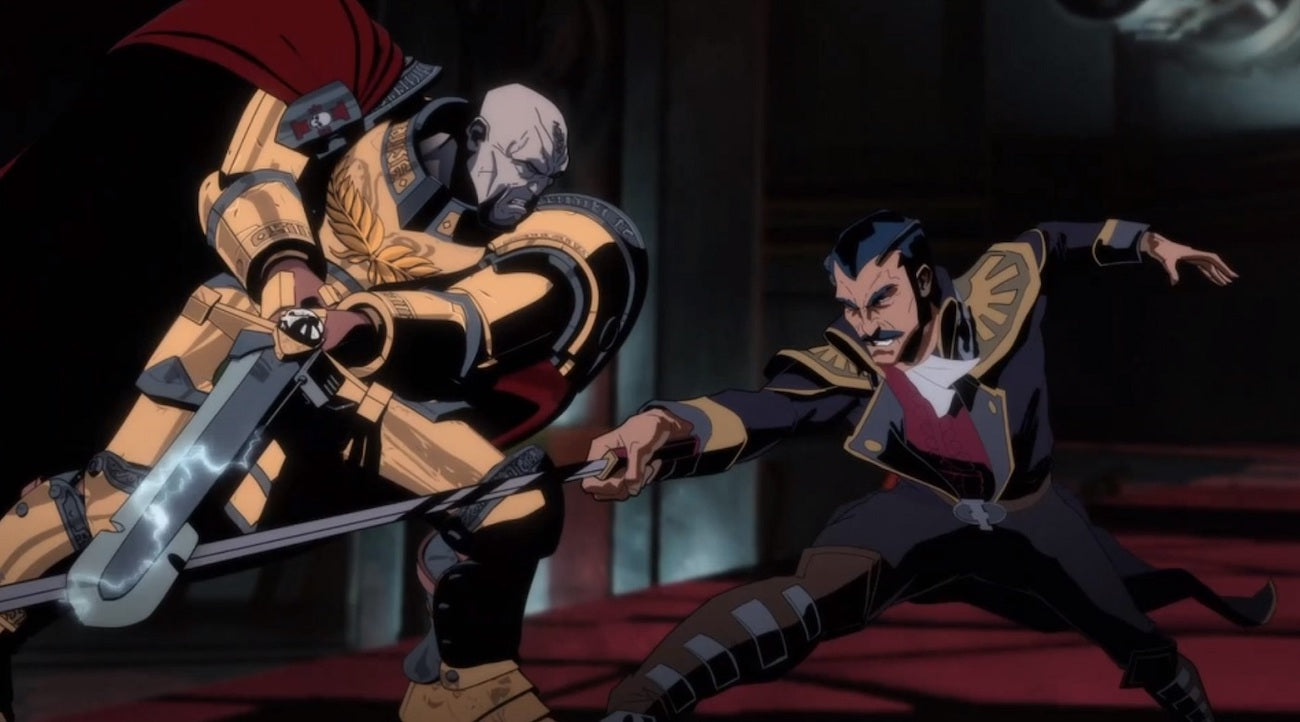
A seasoned industry operator, Donehoo has worked with several audio directors and creatives to deliver on projects. He comments: “These days, anybody that hires me already knows what to expect — which is probably why they hired me. And, when working on the specifics of a project, the directors, producers and/or audio directors have pretty solid ideas about what certain sections should sound like and provide plenty of examples of what they want. Then my challenge is to give them something better and more fitting than their examples.
“It’s not so much about what I am looking for from them, as it is giving them what they want or need. The most common thing I ask for for inspiration is artwork, videos, gameplay examples, and more. Working on the [Hammer and Bolter] series, the main thing I ask for is a time-locked version of the project, and once I have it, the video pretty much tells me what to do.”
“When working on a TV series, the main difficulty is time and deadlines. With Hammer and Bolter, I had plenty of time, so that wasn’t a problem. I also really enjoy writing to picture. It’s fixed media, so you can really hit your dramatic marks and emphasise particular events. With a video game you have to worry about 1-2 hours’ worth of music covering a 40-hour game that has key, variable events appearing asynchronously during an evolving story.
“With the Director/Lead [Dylan Shipley] of Hammer and Bolter, before any work started, we had spotting sessions where we went over the video scene by scene, and I took copious notes.
“For a video game, we go over situations and levels, and their requirements. What follows in both cases is a lot of back-and-forth as things progress.”
For his soundtrack albums, Donehoo doesn’t have to do too much extra post-project heavy lifting: “I think in most cases, by the end of a project I have already broken down all of the music into tracks, so it is just a matter of organising, documenting, and naming.
“For Hammer and Bolter, I think I would need to do more editing to parse out tracks, because it is basically all one continuous track of music for each video. I would like to get an OST for what we did for Hammer and Bolter, because there is a lot of dramatic music in there! I think the fans would love it.
“It’s fairly easy for me to compile an OST as compared to getting it actually released! But it is nice to get it out there.”
Immersed in inspiration
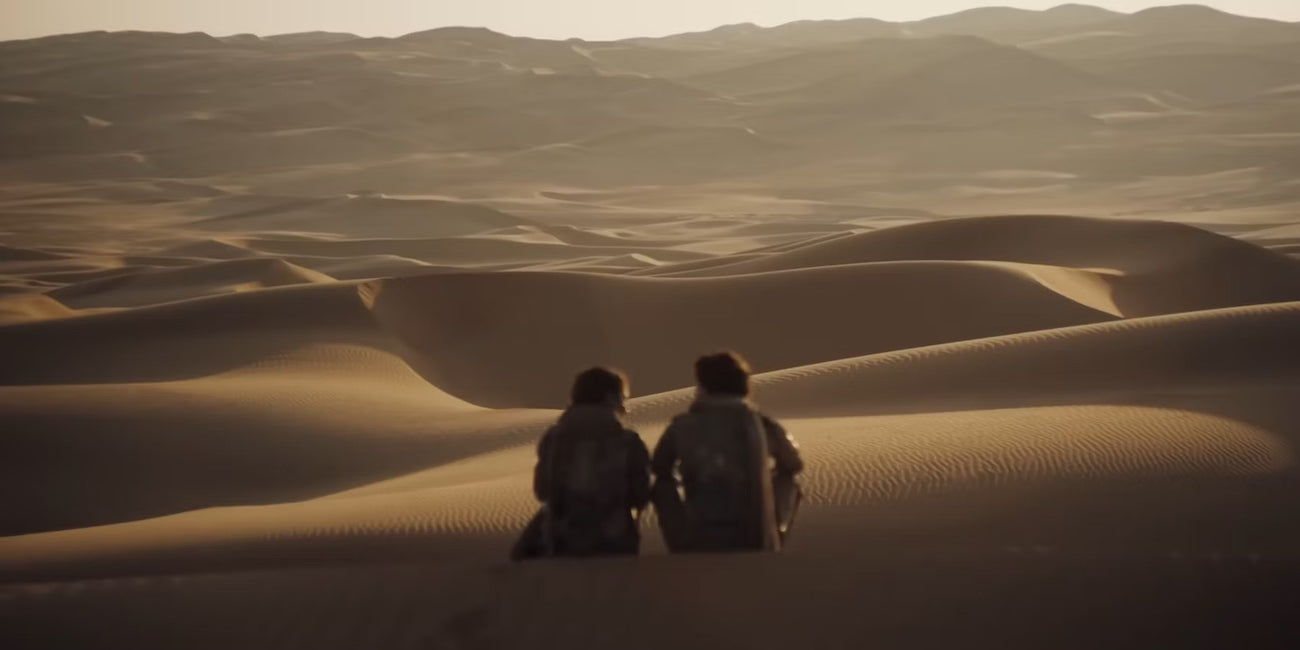
As touched upon, Donehoo takes a lot of inspiration from the music of cinema. “I’m always collecting movie soundtracks, something I’ve been casually doing since I was a kid. I have the original King of Kings and Ben-Hur soundtracks on vinyl for example.”
“I have a large collection of rock and classical, but I mostly listen to movie soundtracks, which I study intently. Recently, I’ve spent a lot of time listening to all of the available DUNE music, partially because it is nakedly hybrid. I like the approach of little ostinato or arpeggiated synth in the overall sound, favouring more spacious sweeping soundscapes that fit DUNE exactly. It really works. I look forward to what is next. I am sure other things will soon capture my imagination.”
“All those influences go into the blender that is my mind, which I draw from when a project comes along. That usually blends in with what references are presented to me in the next project. If the fictional universe has a history, I will be influenced by that, and if it does not, I will make up my own! That is always fun.”
Engineer your own success
With a background in software engineering, Donehoo enjoys a somewhat unique knowledge base for a composer. In the past, he’s written his own music recording software and literally built synthesizers. For certain kinds of projects, this gives him an edge: “Knowing how things work, having a deep understanding of the MIDI code and specification gives me a leg up on the technical aspects of music making.
“I have many MIDI controllers, which helps me have mastery and control over the instruments and devices I use. Other composers may have enough understanding of the MIDI world to play virtual instruments and get good results. But I have a way of working that can bring out the full potential of virtual instruments.
“I also have a synthesizer background based on actually building them from kits that translates well when using real or virtual synthesizers. It’s like having a fancy new fully-loaded car with all of the electronics and safety features. You may be able to get in it and drive around, but you may not be able to use the advanced features without reading a lot of manuals and learning how things work.”
Universe-hopping
The grimdark universe of Warhammer has embraced Donehoo, and he embraces it back: “I never get tired of composing for Warhammer and its many aspects. That’s my jam.
“I would love to score a sequel to Constantine [based on the horror-oriented comic books Hellblazer] one of my favourite movies. Another fun one would be to score a Terminator game or movie. I would love to replicate the retro sounds of the first Terminator [scored by Brad Fiedel] and also create new sonic landscapes that would still be identifiably Terminator. Lots of possibilities out there.”
We joke with Doyle about whether he yearns for a lighter soundtrack project — something with fluffy bunnies dancing in the sunshine… “If that fluffy bunny is the one from the movie Monty Python and the Holy Grail [i.e. a rampantly murderous flying rabbit], then I’m here for it! I have done lighter, classically-inspired things, but I am always a sucker for the dramatic. Bring on the intergalactic conflict: I am ready!”

Doyle Donehoo is a composer for media – www.doylewdonehoo.com/radarmusic | Spotify Artist Page

